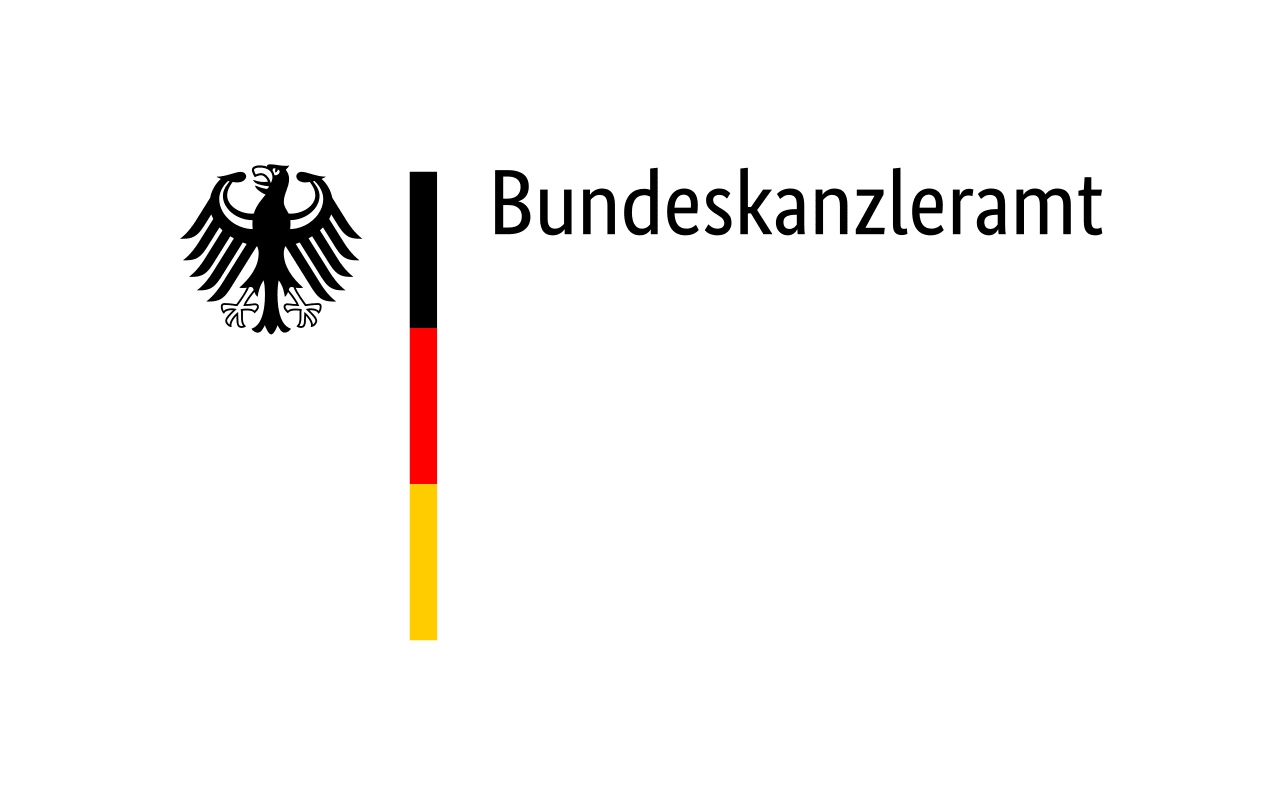

The Federal Government of the Federal Republic of Germany is the central executive body that is committed to the well-being of citizens, democracy, and economic stability. It promotes transparency, justice, and sustainability and shapes an inclusive society.
Sign up for free.

The Federal Government of the Federal Republic of Germany is the central executive body of the country and consists of the Bundeskanzleramt and the federal ministers. It is responsible for the implementation of laws passed by the Bundestag and plays a crucial role in shaping Germany's domestic and foreign policy.
The main mission of the Federal Government is to promote the well-being of citizens, strengthen democracy, and ensure the economic stability of the country. Core values include transparency, justice, sustainability, and the promotion of peace and security both nationally and internationally. The Federal Government is committed to an inclusive society where diversity and equality are promoted.
The Federal Government offers a variety of services aimed at informing and supporting citizens. These include:
The Federal Government has set ambitious sustainability goals to address the challenges of climate change and promote sustainable development. Key initiatives include:
The Federal Government is committed to advancing digital transformation and modernizing the country's infrastructure. This includes investments in digital education, expanding the broadband network, and promoting innovations in the economy. Additionally, the Federal Government is actively engaged in international cooperation to address global challenges such as migration, security, and health.
Overall, the Federal Government strives to shape a forward-looking policy that meets the needs of citizens and positions Germany as a strong and responsible actor on the global stage.